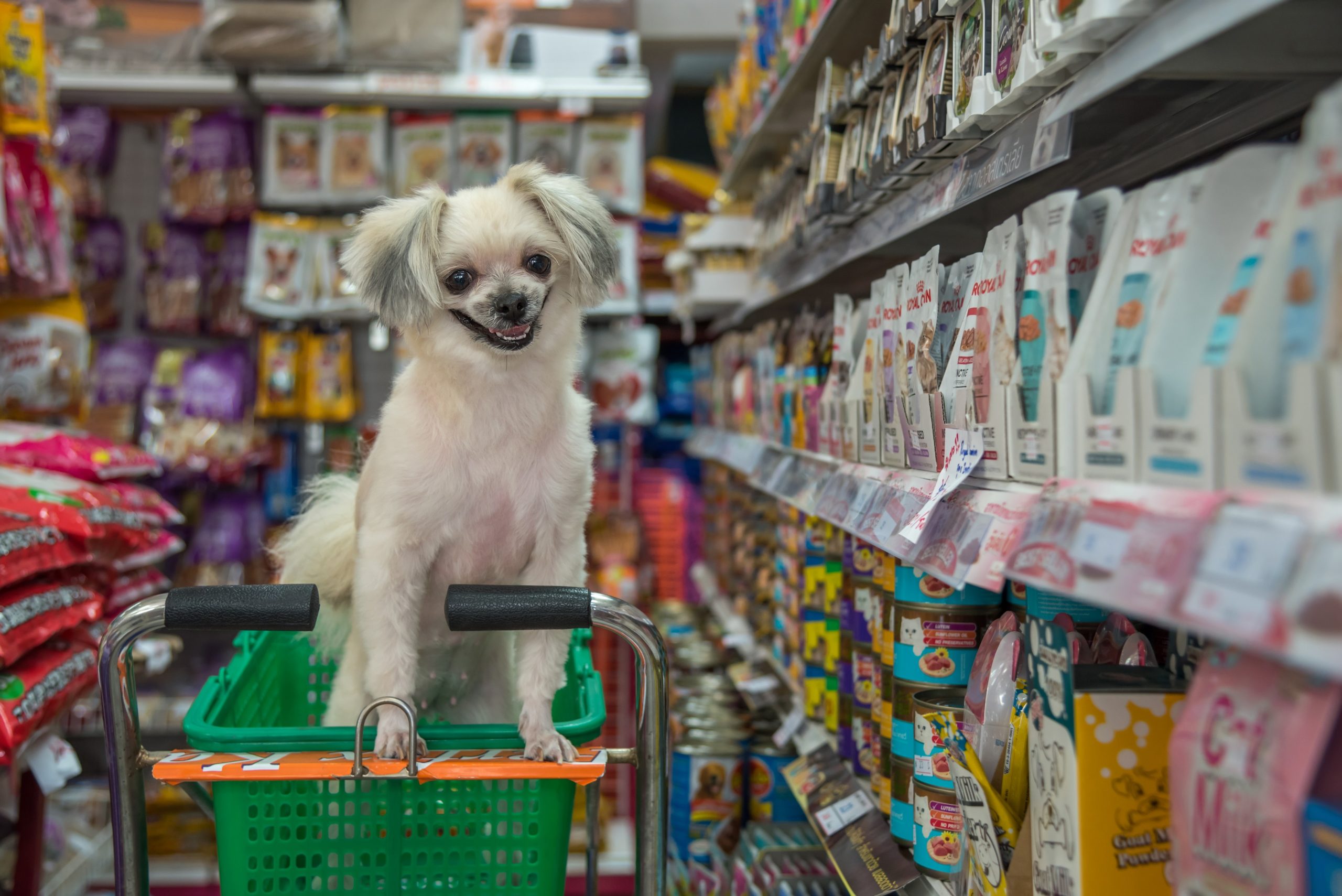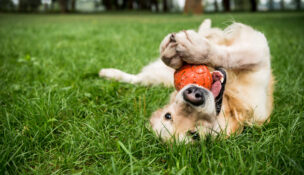Setting the Standard for Care
John Mack //July 1, 2019//
We all love animals; we wouldn’t be in the pet business if we didn’t. The love we have for animals always manifests first in our daily treatment of them, whether breeder, wholesaler, store owner or customer. Health and happiness for our animals should always be our highest priority.
It’s that level of caring that led Reptiles by Mack to work so closely with PIJAC (Pet Industry Joint Advisory Council) on a project that’s been percolating since early 2016. That is, of course, the PIJAC Small Animal Standards of Care: a set of documents designed specifically to serve as industry-standard guidelines at all stages throughout the pet business, ranging from facilities and daily care to transportation, staffing and record-keeping. These documents serve as a one-stop-shop for easy-to-understand care guidelines, how to implement them into your facility and how to maintain high standards of care for all of your animals.
The documents comprising the PIJAC Standards of Care range from a phenomenal variety of sources. While much of our start came from evaluating and comparing existing animal care policies and the various regulations surrounding the Animal Welfare Act, we soon branched out into other sources. We consulted with veterinarians to ensure the best practice in animal health care. We reviewed years of care and breeding data, working with breeders and retailers across the globe. We ensured that we gathered the most relevant, accurate information possible in developing the Standards of Care, then passing that information on to you. We also focused specifically on best practices when caring for reptiles and birds, as they are not specifically regulated under the Animal Welfare Act.
After the initial release in 2016, the PIJAC Small Animal Standards of Care underwent a full year of intensive revision and editing. We sought feedback from you, our industry peers, on how to best purvey information and how to articulate the things we do on a daily basis. Over that year, we gathered information, we assessed data, we made information clearer and easier to use, and we did our best to listen to all those involved.
Our customers have long demanded high-quality standards of care for their pets. Across the board, the public wants to know that pets are ethically sourced and treated appropriately at all levels throughout the pet industry. PIJAC’s Standards of Care represent a great step forward in codifying the best practices of our industry and ensuring the healthiest possible pets for everyone.
Alongside the Small Animal Standards of Care, PIJAC currently offers two complementary programs specifically geared toward breeders and distributors within the industry. These include a sample Duty to Report policy, which breeders and distributors can utilize to protect their animals, as well as a toll-free hotline through which employees can anonymously report issues that might arise. We invite you to make use of both of these as you review, and ideally implement, the Standards of Care within your own facility.
However, these standards mark but one milestone in an ongoing process. Science and technology marches on; over time we will surely find better ways to care for animals, better methods to house and transport them and more nutritive ways to feed them. What we know now may become outdated or obsolete. The pet industry will evolve, and the PIJAC Standards of Care will evolve with us in lockstep. This is not the end; this is a beginning that will make us all better.
There’s an old saying that I’ve taken to heart over the years: “Do your best until you know better. Then do better.” Adopting the PIJAC Standards of Care represents a step towards doing better for our entire industry.
To download the PIJAC Small Animal Standards of Care, along with a number of other resources, visit https://pijac.org/animal-welfare-and-programs/animal-care.



















